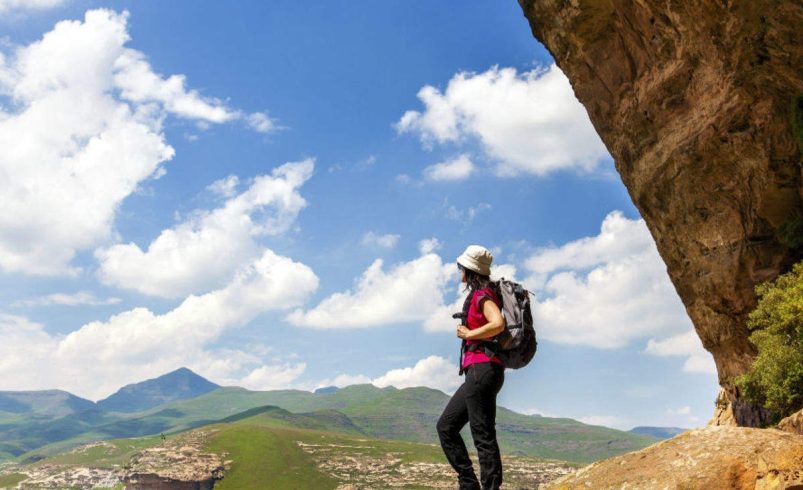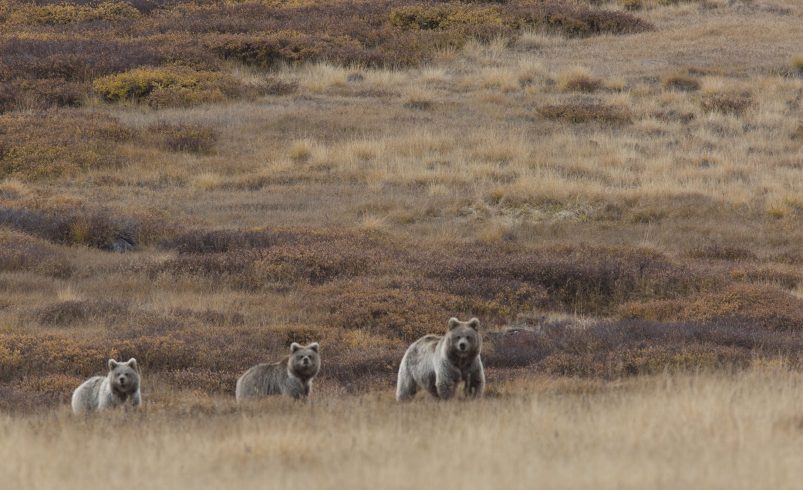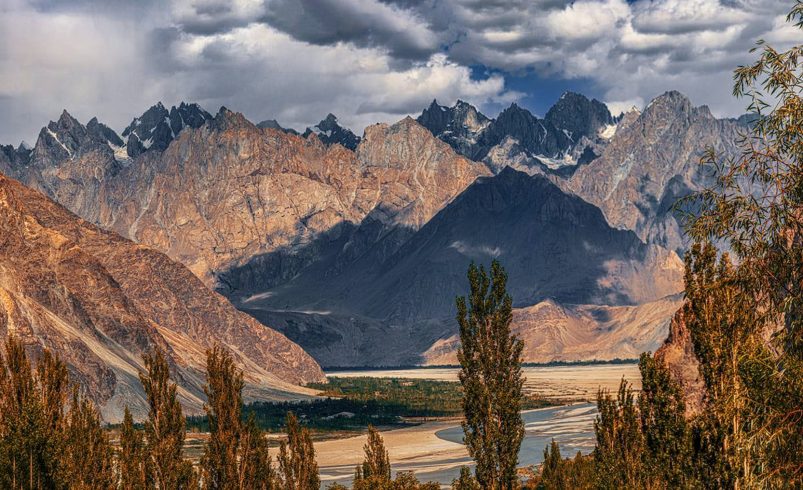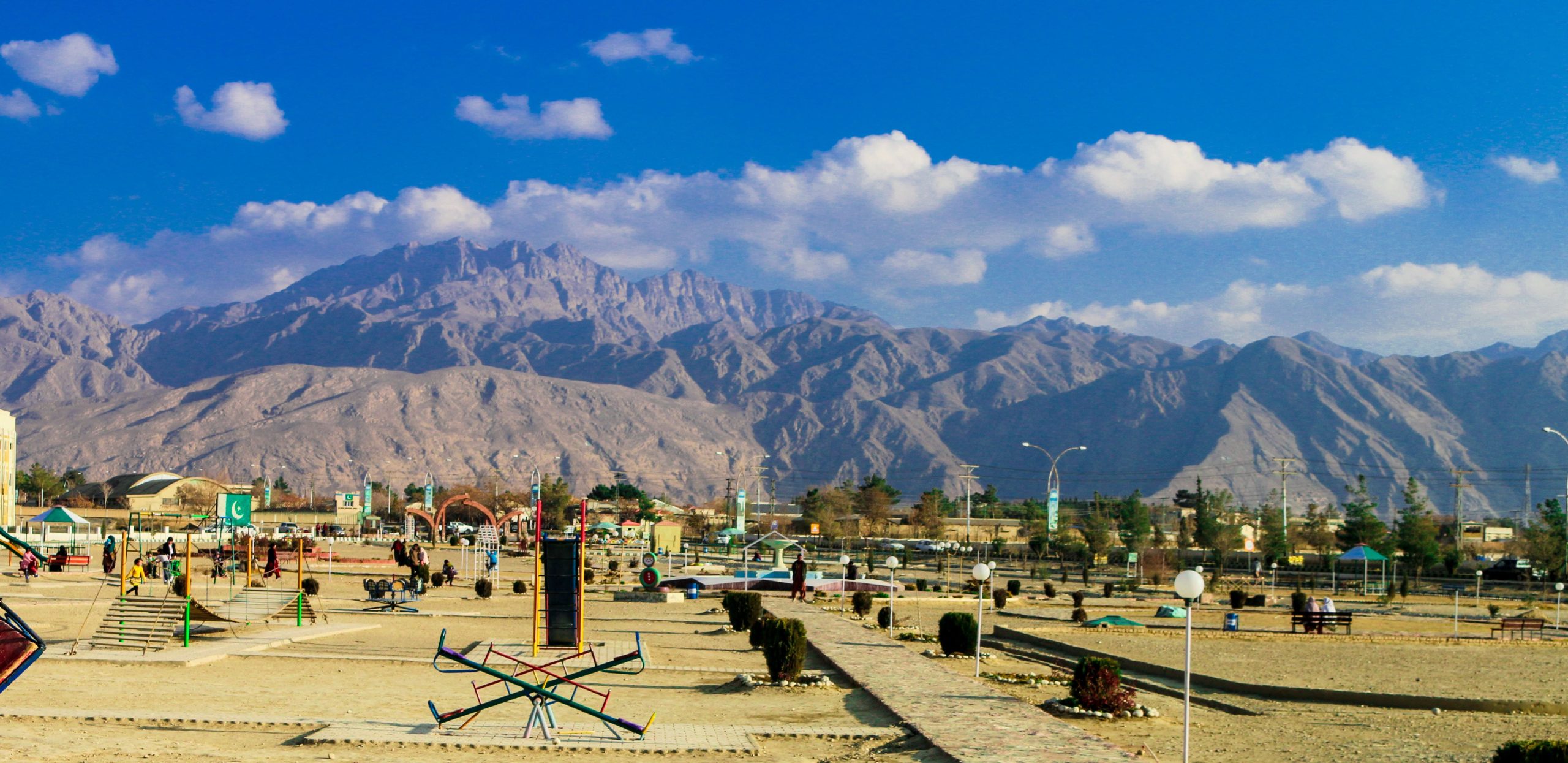
- December 6, 2024
Exploring Pakistan as a solo travelers in pakistan can be a life-changing experience. The country is a treasure trove of cultural richness, breathtaking landscapes, and warm hospitality. However, as with traveling solo anywhere in the world, it comes with unique challenges and requires careful planning to ensure safety. Here is a comprehensive guide to help you navigate Pakistan safely while making the most of your adventure.
1. Plan Your Itinerary in Advance
Why It’s Important
Pakistan is vast, with a diverse range of destinations from bustling cities like Karachi and Lahore to remote mountainous areas like Hunza and Skardu. Knowing where you want to go helps you allocate time effectively, avoid unsafe regions, and arrange transportation in advance.
Key Tips
- Research destinations extensively, focusing on tourist-friendly areas such as Hunza, Swat, Murree, Islamabad, Lahore, and Karachi.
- Avoid regions with security advisories, such as areas near the Afghan border or certain parts of Balochistan.
- Have a rough day-to-day plan but stay flexible to account for changes in local conditions.
2. Stay Informed About Local Customs and Laws
Why It’s Important
Respecting local customs helps you blend in and avoids unnecessary attention. Pakistan is a conservative country with deep-rooted cultural and religious practices.
Key Tips for solo travelers in pakistan
- Dress modestly, especially in rural or less touristy areas. For women, a long dress or trousers paired with a scarf for covering the head in religious places is advised.
- Avoid public displays of affection, as they are frowned upon in Pakistan.
- Learn basic Urdu phrases like “Shukriya” (Thank you) and “As-salamu alaykum” (Peace be upon you) to show respect and connect with locals.
3. Choose Accommodation Wisely
Why It’s Important
Staying in reputable and safe accommodations ensures a secure base for your travel.
Key Tips
- Book your accommodations through trusted platforms like Booking.com or Airbnb, and check reviews from previous guests.
- Opt for hotels or guesthouses recommended by other solo travelers or travel forums.
- Inform the hotel staff of your travel plans in case of emergencies.
- Choose accommodations with proper security measures, especially in cities.
4. Travel During Daylight Hours
Why It’s Important
Traveling during daylight reduces the risk of getting lost, encountering poor road conditions, or facing unsafe situations.
Key Tips
- Plan to arrive at your destination before dusk, especially in rural or remote areas where public transport and streetlights may be limited.
- Avoid traveling alone at night in isolated areas or taking unregistered taxis.
- Hire a trusted driver if you are traveling long distances.
5. Stay Connected
Why It’s Important
Staying connected ensures you can reach out for help if needed and keep loved ones updated on your whereabouts.
Key Tips
- Purchase a local SIM card from providers like Jazz, Telenor, or Zong for reliable connectivity.
- Share your itinerary and location with friends or family back home.
- Install safety apps like Life360 or Find My Friends to keep loved ones informed.
- Keep a power bank handy to avoid your phone running out of charge during critical moments.
6. Be Cautious with Food and Water
Why for solo travelers in pakistan
Eating unhygienic food or drinking unsafe water can lead to food poisoning, which is challenging to manage when traveling solo.
Key Tips
- Stick to freshly cooked meals at reputable restaurants.
- Avoid street food unless it’s highly recommended by locals or fellow travelers.
- Drink bottled water, and check that the seal is intact before purchasing.
- Carry a basic medical kit, including antidiarrheal medication and electrolytes.
7. Use Trusted Modes of Transport
Why for solo travelers in pakistan
Transportation in Pakistan varies significantly, from modern ride-hailing services to traditional rickshaws. Choosing safe and reliable options minimizes risks.
Key Tips
- Use ride-hailing apps like Careem or Uber in major cities for safe and transparent fares.
- In rural areas, hire a trusted local driver or use private transport companies like Daewoo Express.
- Avoid overcrowded public buses or vans, especially if you’re carrying valuable belongings.
8. Keep Your Belongings Secure
Why It’s Important
Losing your belongings can disrupt your trip and leave you vulnerable in unfamiliar territory.
Key Tips
- Use a money belt or a crossbody bag to keep cash and documents secure.
- Keep photocopies of your passport, visa, and important documents separately from the originals.
- Avoid displaying expensive gadgets or jewelry in public to reduce the risk of theft.
- Lock your luggage when staying in hotels or using public transport.
9. Engage with Locals Wisely
Why It’s Important
Pakistanis are known for their hospitality, but it’s essential to differentiate genuine kindness from opportunistic behavior.
Key Tips
- Be polite and friendly but maintain a cautious attitude with strangers.
- Decline overly persistent offers for help or hospitality.
- Trust your instincts if a situation feels uncomfortable or unsafe.
10. Register with Your Embassy
Why It’s Important
Registering with your embassy allows consular staff to assist you in emergencies.
Key Tips
- Inform your embassy or consulate of your travel plans and contact details.
- Keep your embassy’s contact information handy for quick access.
11. Stay Updated on Security Situations
Why It’s Important
Pakistan has areas with fluctuating security conditions. Staying informed helps you make informed decisions about your travel plans.
Key Tips
- Monitor travel advisories from reputable sources like your government or international travel organizations.
- Follow local news channels or social media for real-time updates.
- Avoid discussing political or religious topics in public to steer clear of sensitive situations.
12. Learn Basic Self-Defense
Why It’s Important
Knowing basic self-defense techniques can empower you to handle unexpected situations.
Key Tips
- Take a short self-defense course before your trip.
- Carry a whistle or personal alarm to attract attention in case of emergencies.
- Be aware of your surroundings and avoid isolated areas, especially at night.
13. Have Travel Insurance
Why It’s Important
Travel insurance provides coverage for unforeseen events like medical emergencies, theft, or trip cancellations.
Key Tips
- Choose a policy that covers solo travelers and includes medical evacuation.
- Keep a digital and physical copy of your insurance policy.
14. Be Adaptable and Positive
Why It’s Important
Solo travel often comes with surprises—both good and bad. A positive attitude helps you make the most of your journey.
Key Tips
- Stay flexible and adapt to changing circumstances.
- Embrace the adventure, even if things don’t always go as planned.
- Seek out communities of solo travelers online for inspiration and advice.
Conclusion
Solo travel in Pakistan can be an incredibly enriching experience, offering opportunities to explore majestic landscapes and immerse yourself in vibrant culture. By taking proactive measures to ensure your safety and being mindful of local customs, you can enjoy the journey with confidence. Remember, preparation and vigilance are your best allies.
So pack your bags, plan wisely, and embark on an unforgettable solo adventure in Pakistan!






